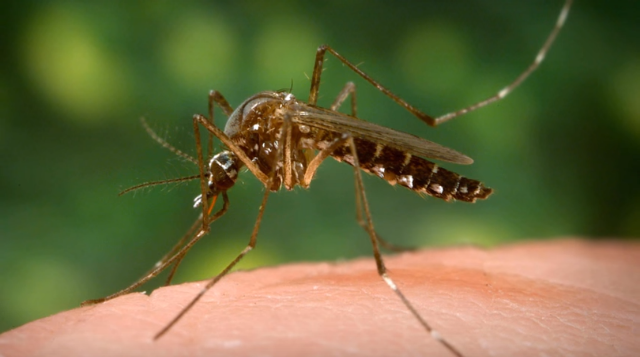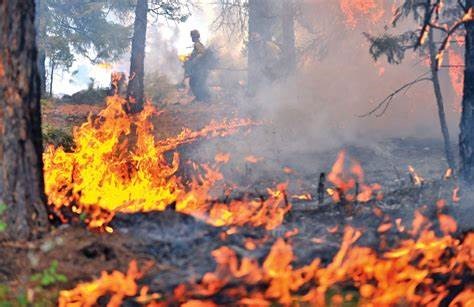Zika Virus Strikes the Americas
After being identified in Uganda in 1947, Zika Virus spread throughout Africa and India. Since the 1950’s, Zika spread throughout equatorial countries in Africa and Asia before reaching the Pacific island of Yap in 2007. In 2015, the virus reached Brazil, beginning the largest outbreak of the disease yet.
March 15, 2016
On Monday, February 1, Margaret Chan, Director-General of the World Health Organization (WHO) declared Zika Virus a “Public health emergency of international concern.” Zika is the latest major disease outbreak in the world and has spread across North and South America since October 2015 when an outbreak began in northeast Brazil.
Zika is a mosquito-borne virus first identified in Uganda in 1947. It was identified in humans in Uganda and Tanzania in 1952. The virus is primarily transmitted by Aedes aegypti mosquitoes, which are known to spread other diseases like Dengue, Yellow Fever, and Chikungunya. One in five people with Zika experience no symptoms, and deaths are rare. Common symptoms are mild; they include skin rash, mild fever, joint pain, and conjunctivitis (pink eye). More dangerous is the link found in newborn babies between Zika and microcephaly (abnormally-sized heads). Babies born with microcephaly can suffer from brain damage severe enough that the brain cannot perform functions vital to sustaining life. Surviving children face intellectual and development disabilities. Another danger is the possible link between Zika and Guillain-Barré Syndrome, a potentially deadly condition where the immune system damages nerve cells, causing temporary muscle weakness and sometimes paralysis. Currently, both of these links are unconfirmed until further investigation is done. There is no vaccine or treatment for Zika as of now.
WHO suggests that the best way to avoid contracting Zika is to take measures to avoid being bit by a mosquito. This includes using insect repellent, wearing long-sleeved shirts and pants, sleeping under a bed mat, using physical barriers like window screens and closed doors, and getting rid of stagnant water in places where mosquitoes breed, like flower pots, old containers, or drains and gutters.
However, the use and availability of contraception and abortion are also being considered as ways to stem the spread of the virus. A group of Brazilian lawyers, scientists and activists asked the Brazilian Supreme Court to allow abortions for women who have Zika. In many of the largely Catholic countries where Zika is prevalent, abortions are limited or illegal. Tewodros Melesse, Director-General of the International Planned Parenthood Federation (IPPF) urged that Zika “must be fought with better access to contraception and safe abortion as well as anti-mosquito measures.”
The Center for Disease Control and Prevention (CDC) issued a travel alert in 14 countries and regions: Brazil, Colombia, El Salvador, French Guiana, Guatemala, Haiti, Honduras, Martinique, Mexico, Panama, Paraguay, Suriname, Venezuela, and Puerto Rico. Travelers are advised to protect themselves from mosquito bites by taking measures to avoid being bitten by mosquitoes. Despite the recent outbreak, the 2016 Olympic Games in Rio de Janeiro are set to continue on schedule.
Sources:
WHO declares global emergency
http://www.bbc.com/news/health-35459797
Zika: What you need to know
http://www.bbc.com/news/health-35370848
Zika Mosquito Menace
http://www.bbc.com/news/health-35427491
Abortion
http://www.bbc.com/news/world-latin-america-35438404
WHO Zika
http://www.who.int/mediacentre/factsheets/zika/en/
WHO PHEIC
http://www.who.int/mediacentre/news/statements/2016/1st-emergency-committee-zika/en/
CDC Zika
http://www.cdc.gov/media/releases/2016/s0315-zika-virus-travel.html
IPPF
WHO Infographic
http://www.who.int/mediacentre/news/statements/2016/zikainfosocialmedia.jpg?ua=1
Guillain-Barré Syndrome
Photo Video CDC
https://www.youtube.com/watch?v=A1_SiG0yEUw













